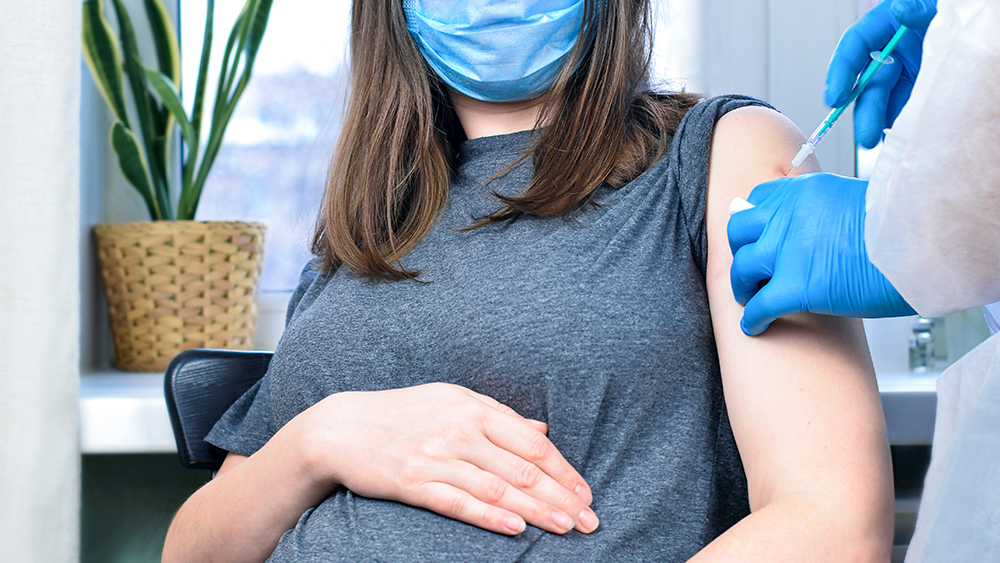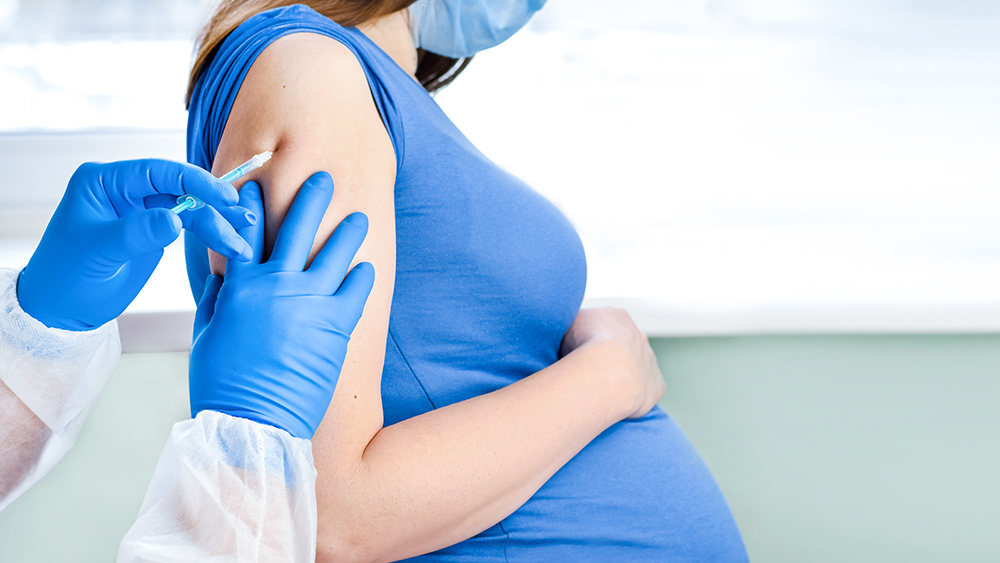Coronavirus vaccine deaths aren’t covered by life insurance because jabs are “experimental medical intervention”
03/09/2021 / By Ethan Huff

Before rushing out to get vaccinated for the Wuhan coronavirus (Covid-19), you might want to contact your life insurance company first to see if your coverage will still be valid after the jab.
Reports indicate that getting injected for Chinese germs could void people’s coverage without them knowing about it due to the experimental nature of Donald Trump’s “Operation Warp Speed” gene therapy operation.
In the event that you die after getting needled with messenger RNA (mRNA) poison from Pfizer-BioNTech or Moderna, many life insurance companies will not pay out because the injections are an “experimental medical intervention” that has not undergone the normal testing and vetting process.
While some insurers are still accepting life insurance applications from people who have been jabbed, others are “delaying” applications for people gullible enough to take a “vaccine” for the plandemic virus.
To keep up with the latest news about the Chinese virus, visit Pandemic.news.
Even a “positive” coronavirus test can make you ineligible for life insurance coverage
According to reports, even a “positive” Wuhan coronavirus (Covid-19) test is enough to disqualify someone from life insurance coverage, depending on the carrier.
“Some insurers are delaying applications if you are currently testing positive for coronavirus and need to provide medical evidence, but this does not mean you cannot apply again in the future,” reports explain.
Some of the questions that life insurance carriers are now asking prospective clients include:
• Have you tested positive for coronavirus?
• Are you currently in self-isolation?
• Have you had any symptoms of coronavirus?
• Have you been in direct contact with anyone who has been diagnosed or suspected of having a coronavirus?
Note in the last question that it asks about having a coronavirus, not just the “novel” coronavirus. This means that anyone who is testing “positive” for any coronavirus, including the one associated with the common cold, could be denied life insurance coverage.
“If you answer yes to some of these questions, your decision may be delayed until you have recovered,” reports explain. “The decisions may vary between insurer.”
“High-risk” people with coronavirus might never be allowed to hold life insurance coverage
Those who answer yes to some or all of these questions and who also have diabetes, asthma, autoimmune disease, heart disease, or some other “high-risk” condition could be barred from ever holding any type of life insurance.
This is why getting tested and playing the plandemic game is a no-go for people who still want their lives to be insured for the safety and protection of their families in the event that they die from the vaccine or some other cause.
One wonders if the Portuguese nurse who died from her jab had a life insurance policy, and if it was still paid out despite all the widespread coverage about her cause of death.
Policyholders who are still alive and wanting to get vaccinated are calling their insurance carriers to ask whether or not they will still be covered, only to be told that getting the jab effectively nullifies coverage.
“‘Vaccine’ for what?” asked one commenter at Tap Newswire in response to the news.
“An unidentified (alleged) pathogen? How does this new, rushed through ‘miracle cure’ protect the gullible fools who allow themselves to be injected with it, protect them from anything, when whatever it’s supposed to protect them from is yet to be identified?”
Another pointed out simply that whoever agrees to get jabbed will “get what they deserve.” This to-the-point response hits the nail on the head considering the plethora of evidence out there to suggest the vaccines do absolutely nothing, are free of liability for their manufacturers, and are highly dangerous.
Sources for this article include:
Tagged Under: coronavirus, coverage, covid-19, death, experimental medical intervention, fatalities, life insurance, pandemic, side effects, vaccination, vaccine wars, vaccines
RECENT NEWS & ARTICLES
Pandemic.News is a fact-based public education website published by Pandemic News Features, LLC.
All content copyright © 2018 by Pandemic News Features, LLC.
Contact Us with Tips or Corrections
All trademarks, registered trademarks and servicemarks mentioned on this site are the property of their respective owners.





















